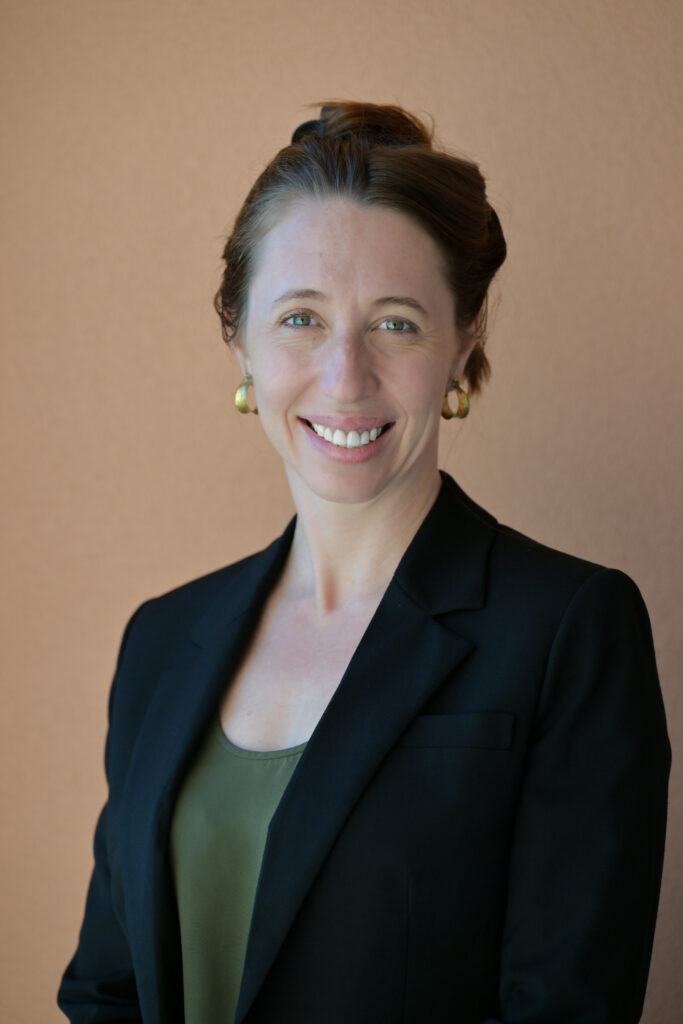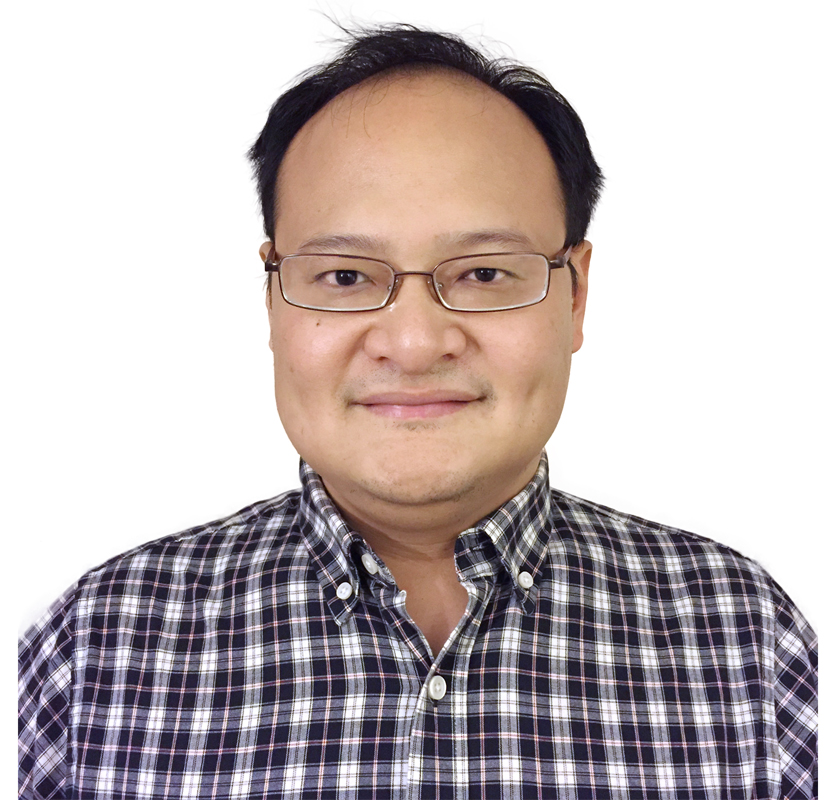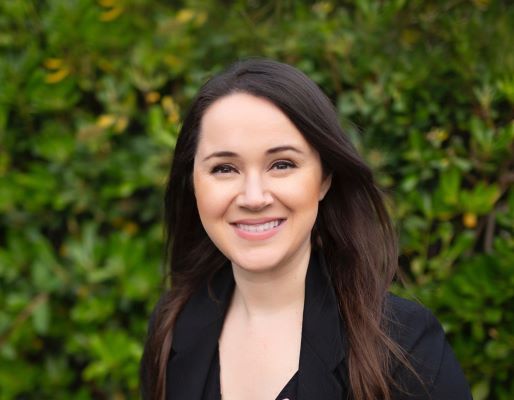2024 Cohort of HGHI Burke Global Health Fellows

Tess Wiskel
MD, MPH
“The Burke Fellowship is instrumental to my development as a physician researcher at the intersection of climate and health. More than just financial support, this Fellowship provides me with a community to foster my growth and exploration of new ideas. This Fellowship will facilitate my work understanding how increasing climate threats – in particular extreme heat – impact some of our most vulnerable populations, and what measures can be taken to adapt and improve health and well-being.”
– Tess Wiskel
Dr. Tess Wiskel is an emergency medicine physician at Beth Israel Deaconess Medical Center and faculty at Harvard Medical School. She received her undergraduate degree from UC Berkeley, medical degree from the University of Chicago and completed Emergency Medicine Residency at Brown University where she was awarded a Global Health Impact Award for her work improving emergency care in Belize. Dr. Wiskel completed a Climate and Human Health Fellowship jointly between Harvard’s Center for Climate, Health and the Global Environment and the FXB Center for Health and Human Rights while obtaining a Master of Public Health in Global Health from the Harvard T.H. Chan School of Public Health.
Her current work focuses on understanding and addressing the health impacts of climate-related extreme weather events in at-risk populations. With the support of a Peter Rosen Award from the Department of Emergency Medicine, she evaluated information needs, preparedness, and response of communities to wildfires in California, and has disseminated these findings to local stakeholders to improve wildfire response. She has worked with both the Department of Health and Human Services Office of Climate Change and Health Equity as well as the nonprofit relief organization Americares on tools to improve health system climate resilience.
Project Title: “Heat Impacts on the Health and Well-being of Informal Sector Workers in India”
Project Description: As the climate warms, extreme heat is already impacting lives worldwide. We do not fully understand the impact of extreme heat in the living environments at home and at work on health and well-being – particularly of the working poor. Climate models and weather projections are currently based on data aggregated from weather stations and satellite observations that do not fully capture the heterogeneity of the lived experience of working communities in the Global South. Although the acute health impacts of heat stress are increasingly well documented, they often do not reveal the longitudinal impacts of both living and working in the heat on health and well-being.
This study will investigate the impact of heat on informal sector workers in India, beginning with home-based workers, in partnership with the Self-Employed Women’s Association, a local trade organization of nearly 3 million women. We intend to measure microenvironmental temperatures across a range of built environments where women both live and work – from single story informal structures to multiple story complexes. We will then determine the impact of heat as measured in these lived environments on health through longitudinal quantitative physiological measurements and well-being through qualitative assessments and sleep monitoring. Physiological measurements will include interval laboratory tests, as well as longitudinal heart rate, sleep, and temperature monitoring facilitated by novel wearable devices. This longitudinal understanding of heat impacts has the potential to inform future adaptations and public health interventions for those communities most affected by the warming climate.

Chuan-Chin Huang
ScD MSc
“Receiving the Burke fellowship would mark a significant turning point in my career as a global health leader, allowing me to enhance the impact of my research and drive transformative initiatives in TB control, particularly focusing on TB transmission in prison populations and its broader community implications. Transitioning from ecology and evolution to advanced studies in epidemiology and biostatistics has enabled me to adopt interdisciplinary approaches to tackle critical public health issues. My research in Lima, Peru, utilizing Mycobacterium Tuberculosis genomic data has highlighted links between poverty indicators and heightened transmission risks, including factors like HIV, substance use, and incarceration history. Through the Burke fellowship, I see opportunities to advance as a leader by advocating for healthcare access in underserved communities and by exploring innovative ways to assess social determinants’ impact on TB dynamics. Collaborating with Socios En Salud and the Peruvian TB program will be crucial in disseminating project findings and strengthening TB control efforts in prison settings. This fellowship also offers a platform to expand my leadership skills and professional network, aiming to empower emerging leaders to address global health challenges effectively and promote health equity on a broader scale.”
– Chuan-Chin Huang
Chuan-Chin Huang, Sc.D., initially trained in ecology and evolution before pursuing graduate work in epidemiology at the Harvard T.H. Chan School of Public Health. He is an epidemiologist and biostatistician dedicated to advancing global health equity and infectious disease research, particularly tuberculosis. Currently, he serves as an Associate Epidemiologist at the Division of Global Health Equity at Brigham and Women’s Hospital and as an Instructor at Harvard Medical School. Dr. Huang has been involved in numerous interdisciplinary projects focused on understanding bacterial and host factors associated with TB outcomes. His work integrates pathogen and host genomics, clinical, and epidemiologic data from longitudinal field studies conducted in Lima Peru. His research has significantly contributed to understanding the transmission dynamics and epidemiology of multidrug-resistant and extensively drug-resistant TB. Dr. Huang’s dedication to improving health outcomes is evident through his rigorous research, education, and collaboration. His work continues to influence epidemiology and global health, providing valuable insights into the control and prevention of infectious diseases. Ultimately, his goal is to use data to identify optimal TB control and treatment strategies, reducing morbidity and mortality from this deadly disease. With a robust foundation in biostatistics and epidemiology, Dr. Huang is poised to make lasting contributions to public health and medical science, driving efforts to achieve health equity for vulnerable populations worldwide.
Project Title: “The role of prisons in the spread of tuberculosis in Lima, Peru”
Project Description: The proposed study aims to address the challenges of tuberculosis (TB) transmission within correctional facilities and its impact on the community in Lima, Peru. Prisons serve as breeding grounds for TB due to overcrowding, inadequate ventilation, and limited healthcare access. The study seeks to identify Mycobacterium Tuberculosis (Mtb) strains that belong to clusters that have expanded over the past decade and to assess the association between prison-related Mtb strains and cluster expansion. By leveraging unique datasets encompassing incarceration history, Mtb drug-resistant profiles, and Mtb isolates collected a decade apart, we aim to quantify the spread of prison-related Mtb strains in the community over time. This research is important given the disproportionate TB risk faced by incarcerated individuals and the potential impact of TB transmission from prisons on the broader community. Through innovative genomic analyses and longitudinal cohort studies, we aim to provide insights that can inform more effective TB detection, treatment, and control measures within prisons, ultimately contributing to efforts to mitigate the TB burden in Lima, Peru, and uphold human rights for people deprived of liberty.

Jacqueline Seiglie
MD MSc
“I am deeply honored and grateful to be a recipient of a Burke Global Health Curriculum Development Award. This fellowship will allow me to support the expansion of our peer-support network, Grupo LATAM, which has connected over 50 early-career investigators across Latin America and the Caribbean who are working in cardiometabolic research. The award comes at an important juncture in my early academic research career and I am looking forward to learning from and being part of the HGHI community.”
– Jacqueline Seiglie
Dr. Jaqueline Seiglie is an Assistant Professor of Medicine at Harvard Medical School and a practicing endocrinologist and diabetologist at Massachusetts General Hospital (MGH). Dr. Seiglie received her medical degree from Harvard Medical School and her Master’s in Community Health and Welfare from the Universitat Autonoma de Barcelona. She completed both her Internal Medicine residency and fellowship training in Endocrinology, Diabetes and Metabolism at MGH. Her research focuses on the epidemiology of type 2 diabetes in Latin America and on the development of scalable interventions to improve diabetes self-care among Latin American adults. Born and raised in Santiago, Chile, she has had a long-standing interest in working to improve diabetes care for Latin American adults through clinical care and research. Her research program is currently supported by an MGH Center for Diversity and Inclusion Physician-Scientist Development Award and by a K23 Grant from the NIH/NIDDK. She is a past recipient of the Harvard Catalyst KL2 Award, NIH/NIDDK Loan Repayment Award, and The John T. Potts Jr. Pilot Award Program.
Project Title: “Grupo LATAM Virtual Capacity Building Curriculum: A peer-mentorship program to support early career investigators in Latin America and the Caribbean working in cardiometabolic research”
Project Description: The burden of non-communicable diseases (NCDs), particularly cardiometabolic NCDs, is rising in Latin America and the Caribbean (LAC), where nearly 82% of all deaths were attributable to NCDs in 2019. Due to well-recognized differences in the epidemiology of cardiometabolic diseases in this region, context-dependent research in LAC being carried out by LAC investigators is fundamental. Yet, resources to support the development of LAC-based research capacity are limited, particularly for in-training and early career investigators (medical or terminal research degree within the past 10 years). This project proposal centers on Grupo LATAM, a virtual peer-mentorship network of over 50 early career investigators across LAC that aims to support cardiometabolic research in the LAC region. Grupo LATAM started as a 6-month pilot (September 2022- March 2023) in the midst of the COVID-19 pandemic and was extended to June 2024 based on high participant enthusiasm. The Burke Global Health Curriculum Development Award will catalyze the expansion of this project by supporting the development of: 1) Grupo LATAM online presence (three-output platform) to promote career development of group members, and 2) the Virtual Capacity Building Curriculum (VCBC), a 20-week virtual didactic curriculum with hands on 1:1 mentorship and biostatistics training.


